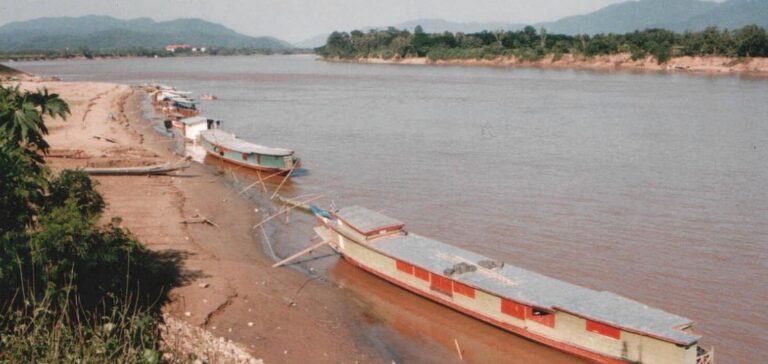In a bold move, the Cambodian government has decided not to build dams on the Mekong River. This decision, announced by Hun Manet, marks a significant change in the country’s energy policy. It aims to protect the Mekong’s fragile ecosystem, crucial to biodiversity and the lives of millions of people in Southeast Asia.
Impact of the Mekong River Decision
The Mekong River, with its 4,800 kilometers, is a vital ecosystem. Building dams would have had a devastating impact on its ecology. This decision reflects a growing awareness of the importance of preserving biodiversity. It also underlines Cambodia’s responsibility to protect the global environment.
Abandonment of a coal-fired power plant project
In addition to rejecting the dams, Cambodia has also cancelled a $1.5 billion coal-fired power plant project in Botum Sakor. The plant, planned for a protected coastal reserve, would have had a detrimental impact on the environment. The cancellation of this project demonstrates the country’s commitment to a greener energy policy.
Renewable Energy and Cambodia’s Energy Future
The Cambodian Prime Minister has expressed his ambition to make Cambodia a leader in renewable energies. With a target of 70% renewable energy by 2030, the country aims to become a key destination for tourism and sustainable investment. This follows Cambodia’s roadmap to carbon neutrality, published in December 2021, which includes strong commitments to boost renewable energies and reduce dependence on coal.
Cambodia’s decision to abandon environmentally damaging energy projects is an important step towards a sustainable future. It demonstrates a significant commitment to protecting biodiversity and the climate, and positions the country as a responsible player on the international environmental scene.






















